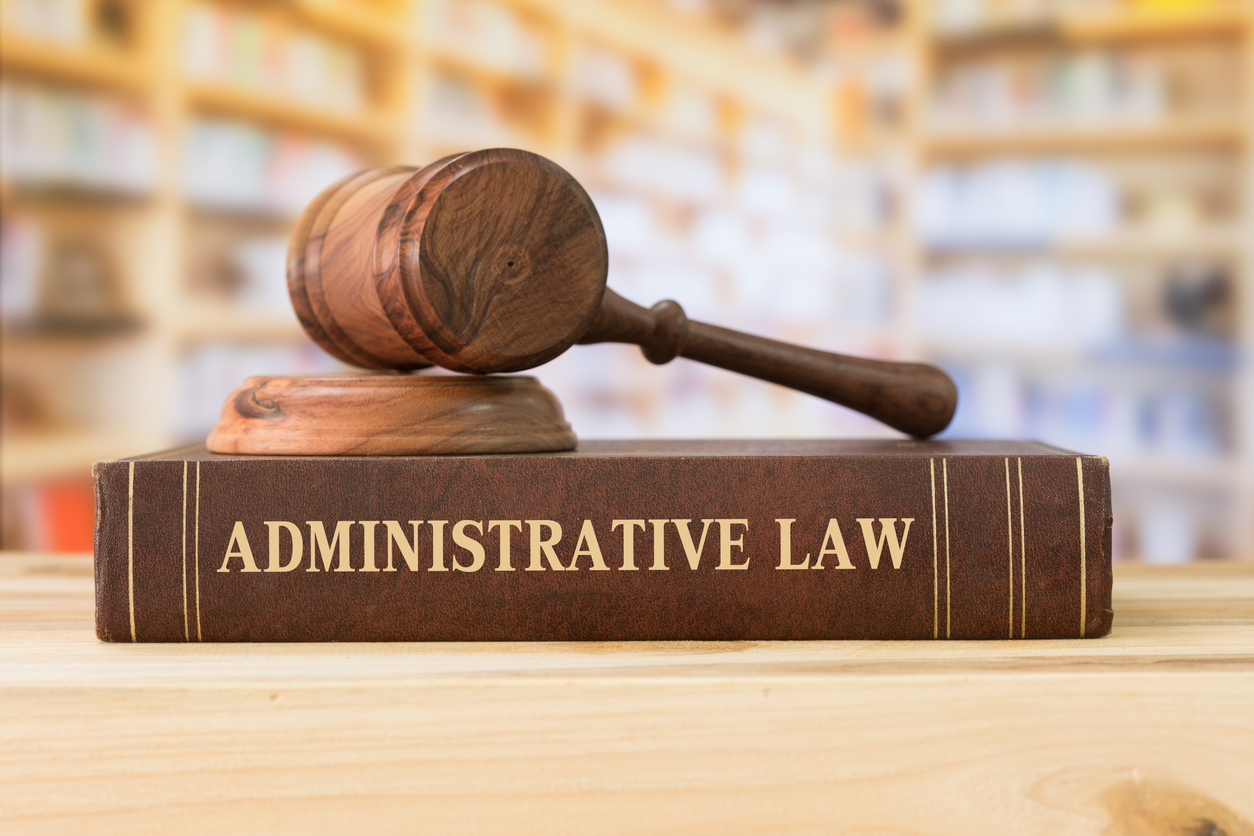August 27th marks the two-year anniversary of Hurricane Laura’s landfall in Southwest Louisiana, and besides bringing back a lot of painful memories, that means it will be the last day to bring a lawsuit against insurers for damages caused by that storm.
If the claim is not resolved prior to August 27th, and no lawsuit is filed by August 27th, there will be no legal remedies available to policyholders against their insurers, barring extraordinary circumstances.
As an aside, the terms ‘statute of limitations’ and ‘prescriptive period’ are essentially synonymous.
Readers of this blog will know that Louisiana laws and legal terms are distinct, stemming from the fact that Louisiana is a civil law jurisdiction, as opposed to the other 49 States, which are all common law jurisdictions.
All of that is to say, in Louisiana, the terms ‘liberative prescription’ and ‘the prescriptive period’ are used when describing the period of time one has within which to file suit. If you wait too long, your cause of action will be ‘prescribed.’
As much as we Louisianians like to tout our legal idiosyncrasies, there is no functional difference between a prescriptive period and a statute of limitations. C’est pareil.
In Louisiana, the rule for delictual actions, or tort actions, is generally one year from the day the damage was sustained.
The prescriptive period to file suit for an action based on a breach of contract is ten years. That period can be shortened by the language in the contract, but there is a Civil Code article regarding first-party insurance claims.
The LA Civil Code, specifically LA RS 22:868, states that no insurance contract shall contain any provision “limiting right of action against the insurer to a period of less than twenty-four months next after the inception of the loss when the claim is a first-party claim.”
What that means is insurance policies can reduce the prescriptive period for a breach of contract action down from the standard ten years to no less than 24 months.
Whether or not the prescriptive period has been reduced is going to depend on each individual policy. But it’s a safe bet that, given the option, most insurers will insert language into the contract limiting the liability period.
It’s also important to note that, for purposes of prescription, the clock begins to run on the date that the damage was sustained, the ‘inception of the loss,’ and not on the date a claim is filed or a proof of loss is received.
However, claims involving bad faith are treated differently from normal first-party claims. As noted on this blog in 2019, claims of bad faith are considered a breach of the duty of good faith and fair dealing created when a contract is formed and therefore have a ten-year prescriptive period. This period cannot be reduced to the 24 months specified in 22:868 because contracts must be performed in good faith.
Interesting legal distinctions notwithstanding, the overwhelming majority of claims against insurers based on damages from Hurricane Laura will be prescribed on August 28th, 2022. I have spoken with policyholders who are hopeful that their claims will be resolved in the next few weeks. Visions of adjusters rubbing their hands together and watching the clock spring into my head.
If you have a claim stemming from Hurricane Laura and it remains unresolved legal remedies will not be available for much longer. Waiting until the last day to file is not advised.




